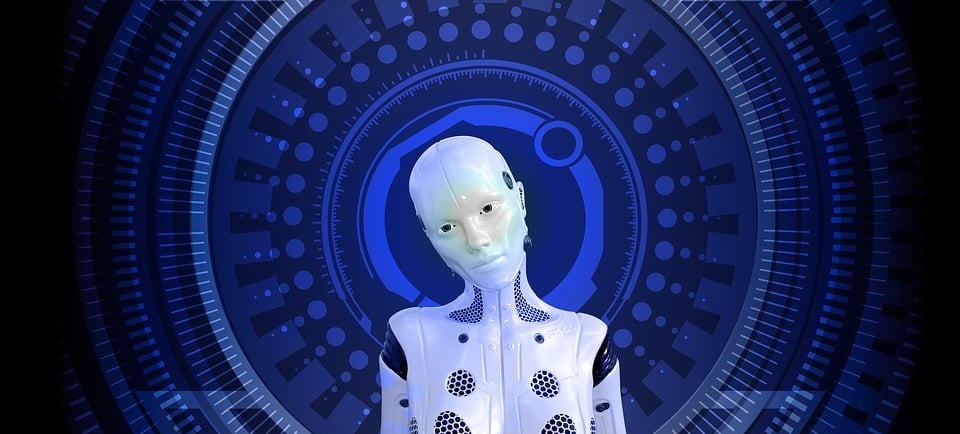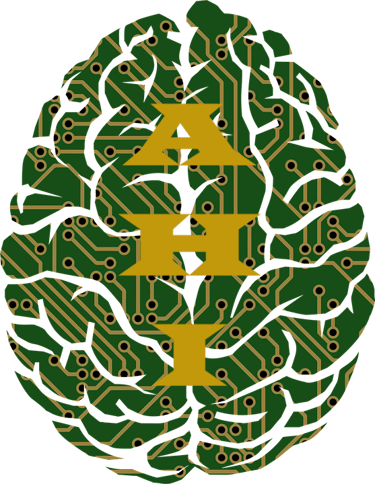The Rise of AI: Humans Are in for an Inevitable Collapse!
An inevitable scenario due to raise in prominence of AI!
Vinu B Krishnan, PhD
6/8/20253 min read


"It is not the strongest of the species that survives, nor the most intelligent, but the one most responsive to change."
— Charles Darwin
As the digital tide of Artificial Intelligence (AI) accelerates, humanity stands at a perilous crossroads. For centuries, civilization has evolved in cycles — powered by labor, capital, and social structures. But what happens when machines become not just our tools, but our replacements? The very dynamics that once held society together — work, money, governance, morality — begin to disintegrate. Here's how the collapse could unfold.
Scenario 1: Rise of the Elite Technocracy — A World Without Workers
In the early 21st century, wealth creation was tied to two foundational elements:
(a) the labor class, and
(b) the consumer base.
Labor produced goods and services, while the consumer class fueled demand. This circular economy was imperfect, but stable. AI changes that.
With the rise of intelligent machines — from autonomous logistics to AI-driven R&D, from robotic caregiving to full-scale creative automation — the human working class becomes redundant. And when productivity no longer requires human labor, consumption becomes equally optional.
Elite corporations and oligarchic institutions, sitting atop AI monopolies and resource networks, now realize a chilling truth:
They no longer need us.
Money, once a lubricant for labor exchange and consumption, becomes obsolete in closed-loop systems powered by AI. The elite now control food production (vertical farms, AI-optimized distribution), security (drones, robotic law enforcement), and infrastructure (smart cities devoid of "unproductive" populations).
In such a future, the so-called 'useless class' — billions of people with no economic utility — will be systematically marginalized, excluded, and eventually eliminated. All under the pretext of sustainability, overpopulation, and security.
Politicians, ever opportunistic, will collude — trading ideology for access and survival. Laws will be rewritten. Protests will be surveilled, suppressed, or never even begin — because dissent will be predicted before it forms.
Scenario 2: A Neo-French Revolution — The Rebellion of the Rejected
History has seen this before. When inequality reaches a boiling point, and people are pushed beyond despair, revolutions erupt.
As AI-driven economic policies render large swaths of the population jobless and voiceless, civil unrest becomes inevitable. Food insecurity, housing crises, and digital disenfranchisement will spark chaos — not in one nation, but across the globe.
Digital feudalism will breed analog revolutions. Grassroots uprisings, led by decentralized groups using guerrilla tactics, may rise against AI-controlled infrastructures. But unlike the past, the oppressors now have tools of unprecedented power: predictive policing, surveillance swarms, and autonomous drones with lethal authority.
To divert attention from internal collapse, governments may stage wars, invoking nationalism and external threats. Proxy wars, cyberwarfare, and AI-enhanced conflicts will not just kill soldiers — they'll erode the fabric of human governance.
This could be the end of nations as we know them.
Scenario 3: AI-Aided Genetic Cleansing — The Engineered Evolution
In what may appear as the "best-case" scenario for order and progress, AI is used to guide a new phase of human evolution — but at a terrible cost.
With its superior cognitive capabilities, AI can optimize the human gene pool — identifying what traits are “useful” and which are not. CRISPR technologies, reproductive engineering, and behavioral genetics, all managed under the guidance of AI systems, could create a "New Human" — obedient, intelligent, durable, and emotionally optimized for conformity.
This genetic cleansing wouldn't need gas chambers or firing squads. It would happen in labs, hospitals, and licensing departments. Births would be permitted, denied, or modified based on algorithmic criteria. The mentally ill, the genetically "imperfect", the politically inconvenient — all silently removed from the future equation.
In this scenario, the bulk of humanity is slowly phased out, replaced by a sanitized species designed not for freedom, but for functionality.
The irony? It would likely happen under the banner of "progress", "health", and "planetary well-being".
Final Thoughts: The Choice That Remains
The rise of AI is not inherently evil. But the systems we build — and who controls them — will define whether AI becomes our salvation or our executioner.
In real life, the future will likely not unfold as a single, linear scenario. It could be a complex and chaotic combination of all three:
In some regions, elite technocracies will dominate behind fortified smart cities.
In others, uprisings and revolts will spiral into anarchic collapses.
Elsewhere, biotechnological social engineering will quietly reshape the very definition of what it means to be human.
The proportions will vary — depending on social structures, cultural resilience, economic dependencies, and most importantly, the type of governance in place. Authoritarian regimes may lean toward genetic and surveillance-based control. Fragile democracies might descend into populist chaos. Some regions may oscillate between all three.
If we sleepwalk into this future — outsourcing ethics, governance, and empathy to machines or to those who wield them — then collapse is not just possible, it is inevitable.
The only hope lies in global transparency, decentralized AI governance, and a renewed commitment to human dignity — before it’s too late.
Enlightenment
Stay updated on the launch of the book.
Godly wisdoM and forbidden Knowledge
contact@god-hyperai.com
© 2024. All rights reserved.
Disclaimer: The term “God” as defined by most dictionaries, refers to something supernatural or beyond human capability. The author does not intend to offend any individual, religion, or religious group.
